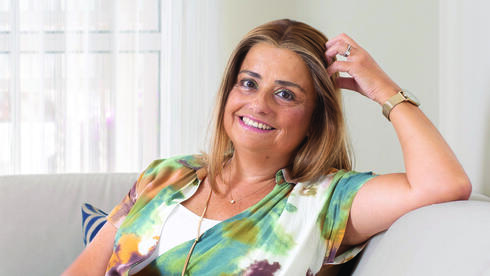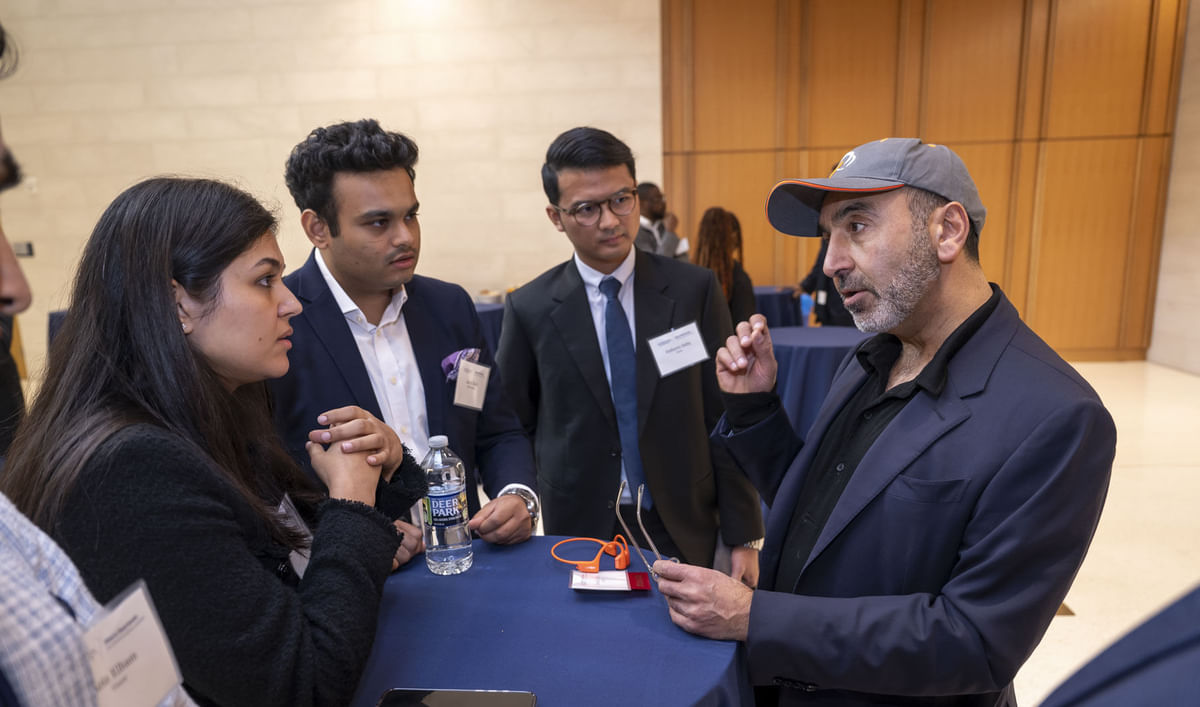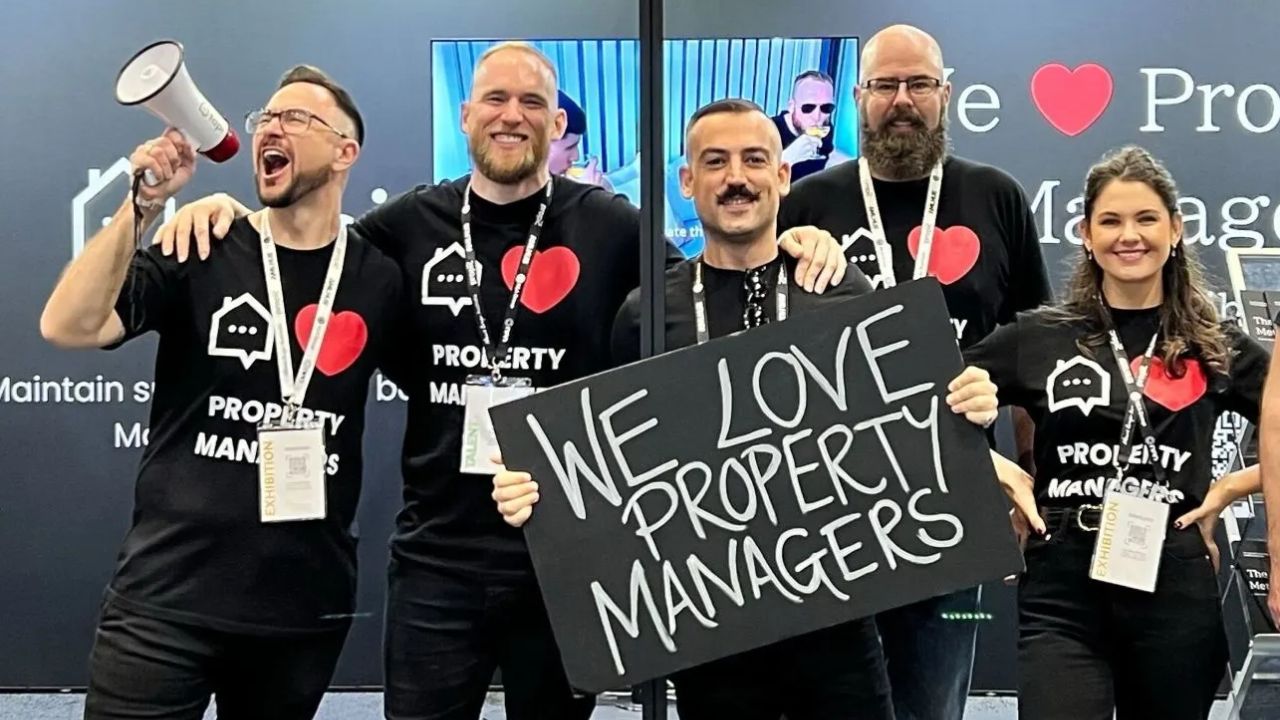How a Jerusalem teacher became a real esta

At 19, she made aliyah to Israel, studied art at the Hebrew University and the Bezalel Academy of Art and Design, and later became a teacher. She taught art and math in elementary schools for two decades while also working in art therapy.
Her interest in property began 13 years ago, when her children reached marrying age. “It was important for me to help them buy homes,” she explains. She and her husband, a mechanical engineer, had always saved up, avoiding luxuries like new cars. “A car isn’t an investment,” she says.
But it was after her parents passed away seven years ago that she took her first real steps. With her share of the inheritance, she considered buying an apartment in Jerusalem. Instead, during the COVID-19 pandemic she came across a company teaching women how to invest in real estate.
“The first thing they told me was: we need to analyze your family’s needs. What works for me doesn’t necessarily work for you,” she recalls. “So I built a 10-year forecast, calculating when I would need cash and how much I’d want in retirement.”
Her first investment, shared with her daughter, was a plot of land. Next came an investment in a housing project in Atlanta. Then a share in a renovated building in Manhattan. She bought a student apartment in Be’er Sheva, which she later sold, then invested in land in Haifa with a partner. She also bought small apartments in Athens and Thessaloniki.
Her most recent purchase was a presale apartment in Kiryat Gat for her son—without using her own savings. She took a loan against her pension funds, which continued to grow in the market, then covered later payments with a mortgage. “The rent pays the mortgage,” she says. “When my son needs money for his own place, he’ll sell the apartment and profit from the rise in value.”
Reis insists she won’t take unnecessary risks. “I’ll never mortgage the house I live in to buy another property,” she says. “Before every deal, I check city planning documents, whether there’s a university nearby, or a future metro line. And if someone pressures me to buy quickly, that’s my biggest red flag.”
She handles most of the research herself but works closely with her husband on calculations. “He prepares the spreadsheets that show when a deal will be most profitable,” she says. “We always decide together.”
Despite her success, she avoids talking about real estate at school. “I live in a world of ideals and education,” she admits. “Sometimes it feels uncomfortable to focus on money.”
Still, she hopes her story encourages more women to invest. “The first step is the hardest,” she says. “But you don’t need to be rich. You can start with something small, without risking your family’s stability. Honestly, being interviewed was scarier for me than any investment I’ve made.”
link





